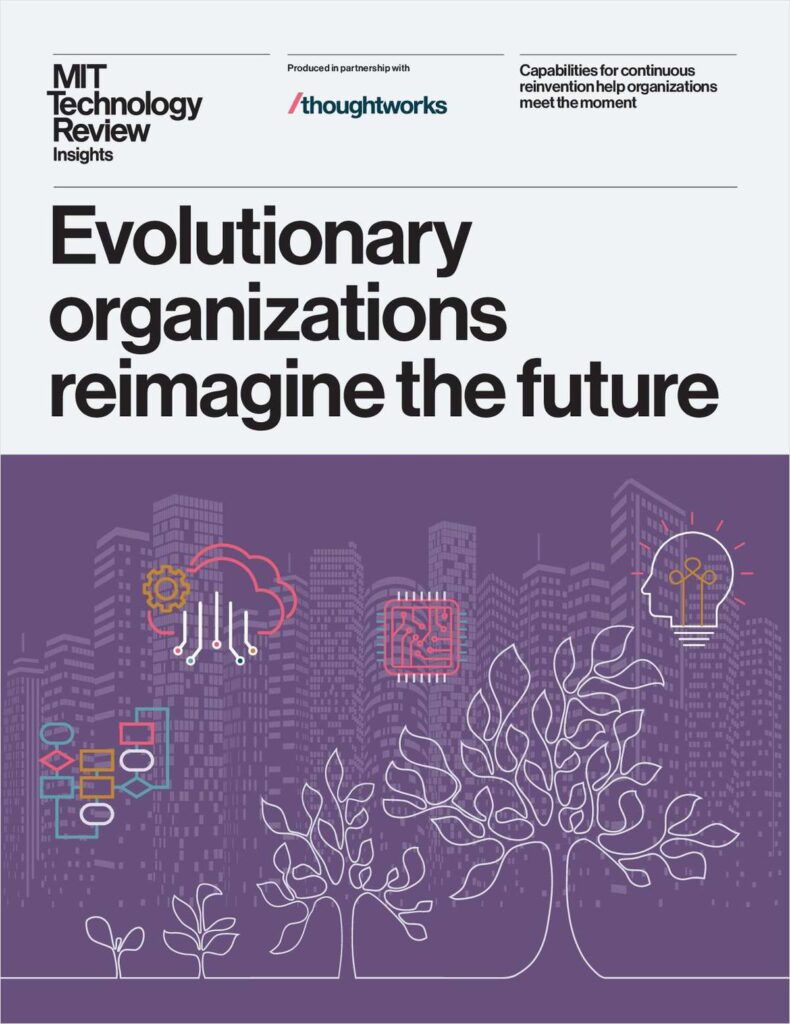In this video from Intel AI DevCon 2018, Genevieve Bell from Intel examines the nature of ethics, how and why they might apply in a world of Artificial Intelligence technologies and emergent cyber-physical systems.
The trolley problem is a thought experiment in ethics. The general form of the problem is this:
There is a runaway trolley barreling down the railway tracks. Ahead, on the tracks, there are five people tied up and unable to move. The trolley is headed straight for them. You are standing some distance off in the train yard, next to a lever. If you pull this lever, the trolley will switch to a different set of tracks. However, you notice that there is one person tied up on the side track. You have two options:
- Do nothing, and the trolley kills the five people on the main track.
- Pull the lever, diverting the trolley onto the side track where it will kill one person.
Which is the most ethical choice?
Genevieve Bell is an Australian anthropologist best known for her work at the intersection of cultural practice and technology development. Professor Bell is the Director of the Autonomy, Agency and Assurance Institute which was co-founded by the Australian National University (ANU) and CSIRO ’s Data61. Bell was named the university’s inaugural Florence Violet McKenzie Chair, in honor of Australia’s first female electrical engineer. Bell is a Senior Fellow at Intel, where she was formerly a Vice President directing the company’s Corporate Sensing & Insights group. She is widely published, and holds 13 patents.





